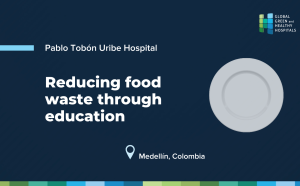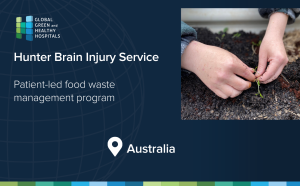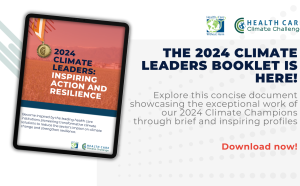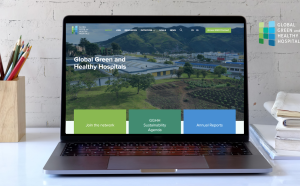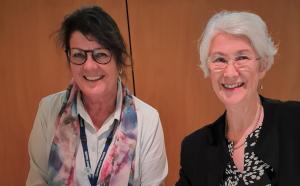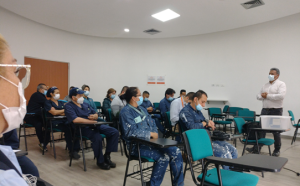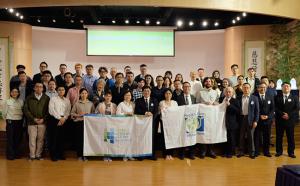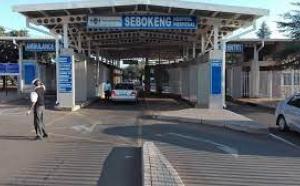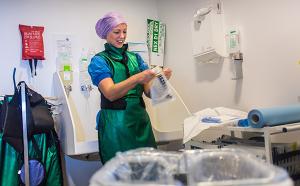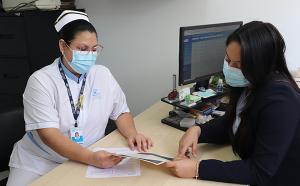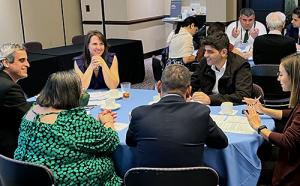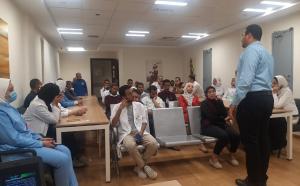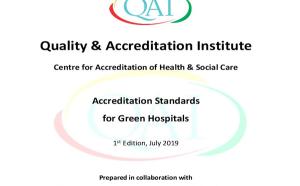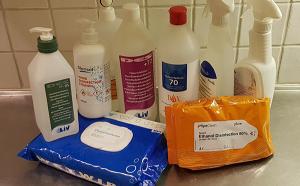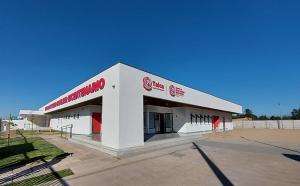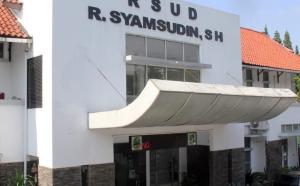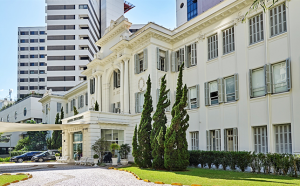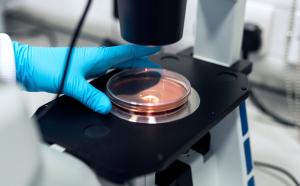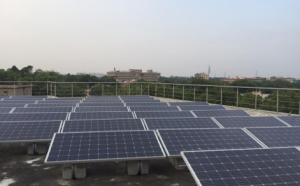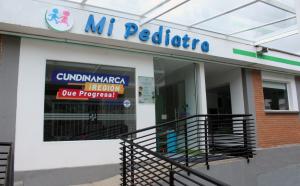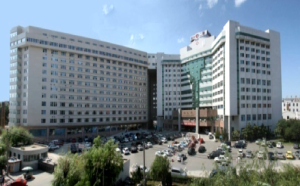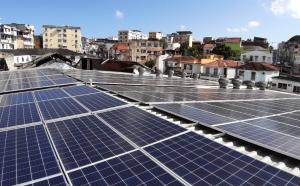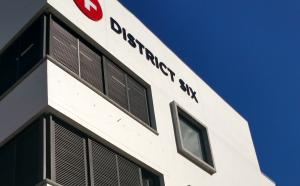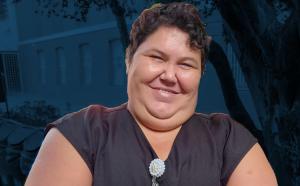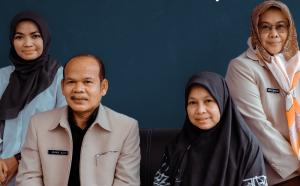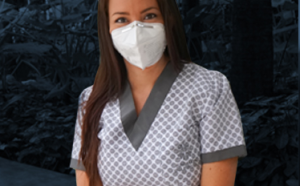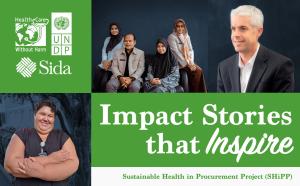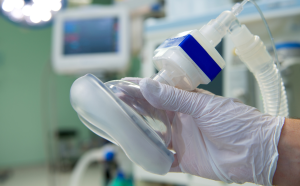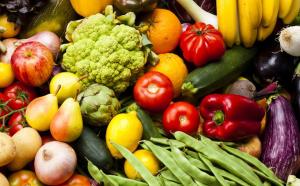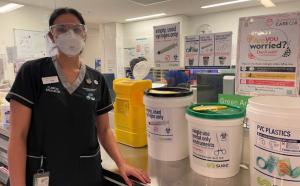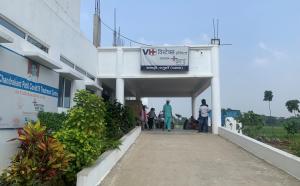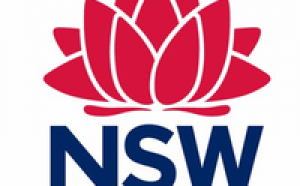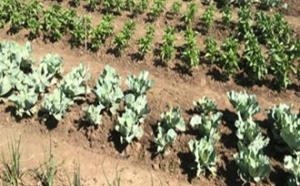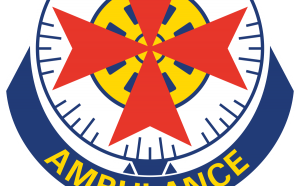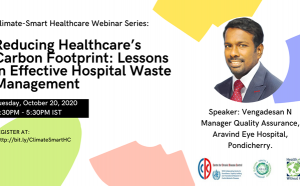Queanbeyan Hospital and Health Service, a GGHH member from Australia, have submitted a new case study in which they introduce the R.A.W. (Rescued and Wasted Food) Project, which focused on reducing organics in the waste system, reducing costs while meeting clinical guidelines.
According to their study, the success of the program was the result of strong interpersonal relationships and involving staff in all steps of the process. Also, this program required a collaboration with a commercial operator and a food rescue organization, who helps Queanbeyan Hospital and Health Service to capture, sort and redistribute or compost their organic waste.
Some of the statistics that explain the benefits of the R.A.W. Project has been provided by GoTerra (their commercial operator). Data on composted food showed that between September 2018 – November 2019 the institution achieved the following results:
- 2895 kg food waste recycled
- 115.82 kg of livestock feed created for Australian Farmers
- -5501.45 of CO2 emissions prevented
Image
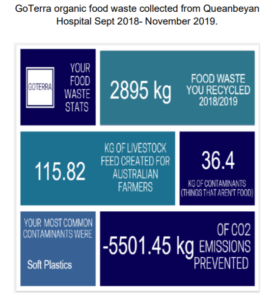
‘It is important to take people with you in these initiatives; to give credit to them; to avoid annoying them. Get the facts, keep pushing the boundaries of what is possible in sustainability initiatives’, said the dietitian Ms Josie Grenfell.
Learn more from this experience
July 23, 2025
March 10, 2025
February 06, 2025
July 30, 2024
June 27, 2024
May 28, 2024
February 21, 2024
October 04, 2023
September 20, 2023
September 06, 2023
August 30, 2023
August 16, 2023
August 23, 2023
August 09, 2023
July 26, 2023
June 28, 2023
June 21, 2023
June 14, 2023
May 31, 2023
May 17, 2023
May 03, 2023
April 19, 2023
March 08, 2023
February 23, 2023
February 14, 2023
February 01, 2023
January 18, 2023
January 05, 2023
December 13, 2022
November 30, 2022
November 16, 2022
October 19, 2022
October 05, 2022
September 29, 2022
September 28, 2022
August 10, 2022
May 31, 2022
April 11, 2022
January 13, 2022
January 06, 2022
November 05, 2020
October 16, 2020


